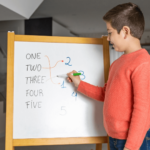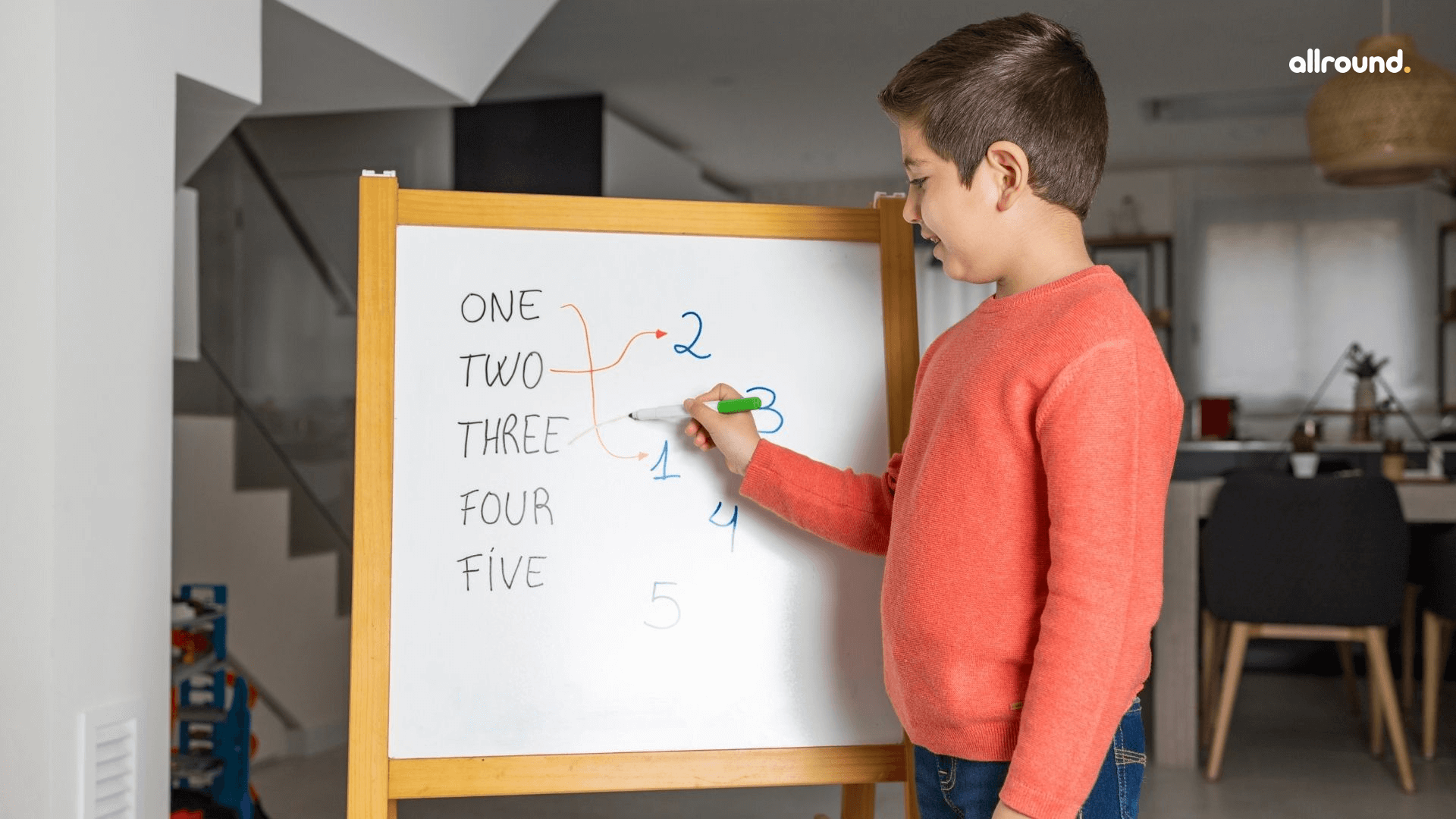6 Ways to Do Math Without a Math Book4 min read
Contents
Introduction
We’re almost certain that math is the least favourite topic among children. We all know that math books are amazing and that they are clearly valuable in the classroom. However, we believe that even the best math programmes can give our children a great deal of anxiety. Because the math we need in our daily lives does not come from a book, there are many resources available to teach our children math. Perhaps even better than reading a book.
There are occasions when we must perform arithmetical equations on the spot. Let’s say you go to a store to buy a T-shirt and the store offers you a 10% discount. Obviously, you won’t be able to do your mathematical calculations concerning the final price with a pen and paper.
6 Freaking Ways- Let’s get into it!
1. Use Real-Life Math Around the House- Involve your family members as well
If you need to replace the rug in your home, you’ll need a skilled part of the flooring to recover. Additionally, assist your children in calculating the expense of new flooring. That’s a lot of calculations! You’ll also need to estimate the size of a section of your bookshelves and how many books they can contain. Another “task” could be to calculate how much money you’ll need to set aside for plumbing based on their estimates.
Using real-life situations to teach math is an excellent method. Most of the time, your kids will appreciate it since they will realise how useful it is, and you will receive some answers that you desperately need!
2. Put Technology to Work- Let’s make things work!
Make use of your gadgets to teach math. Apps, calculators, or a computer-based math programme can all be helpful. Sometimes your youngster will need the technological piece to finish a math puzzle for them. We recommend devoting a few days each quarter to putting away the math books for the day and doing real math. It can provide a good balance for your children as well as a welcome reprieve from the daily grind. We hope these suggestions have motivated you to take a break as well.
3. Learn certain tricks and strategies
Rather than remembering the answers, mental calculations entail developing techniques for individual problems. Memorizing vocabulary, online videos, math riddles, and other tools and activities can help you build these mental methods.
4. Make things fun
It’s pointless to learn if you don’t put in the effort. As a result, it’s critical to make it enjoyable and interesting. This encourages a child to persevere and overcome setbacks. You can also use apps/websites that provide a wealth of mental math resources as well as mental math quizzes to help you improve your mental math skills.
5. Review Errors
It’s critical to work through the procedure for each solution when practising with these challenges. If you’ve made any errors, go over them again to see where your problem-solving abilities have failed you. Understanding how you tackled the situation and where you went wrong is an excellent method to grow as a person and prevent making the same mistakes again.
6. Create a Distraction-Free Study Environment
Mathematics, more than any other subject, necessitates a high level of concentration. When tackling complex equations or problems in geometry, algebra, or trigonometry, a decent study atmosphere and a distraction-free location may be the deciding factor!
Music can help to create a relaxed environment while studying and stimulate the flow of knowledge. Music in the background that is appropriate for the situation might help to create a focused environment. Of course, you should avoid Pitbull and Eminem; in these times, instrumental music is the greatest option.
Importance of having Maths
Math seems like one of those subjects where you can easily spend countless hours studying and still come out with no knowledge. You’re lost if you can’t solve the problem on the day of the test, no matter how much you’ve studied. Fortunately, there are several arithmetic study approaches that you can use regardless of your proficiency. By the end of this blog article, you might even fall in love with mathematics!
Conclusion
Solving mathematical equations, no matter how easy they may appear, can be difficult for many people. The biggest difficulty stems from the fact that most people are accustomed to solving mathematical problems with a calculator or a math book. As a result, the mind has gotten a little lazy, and it takes some prodding to get it to work without using a calculator. The text goes back to the basics and reminds the reader of simple principles they learned in school. This text is a must-have in any home since it can teach someone how to do math problems without using a calculator.




